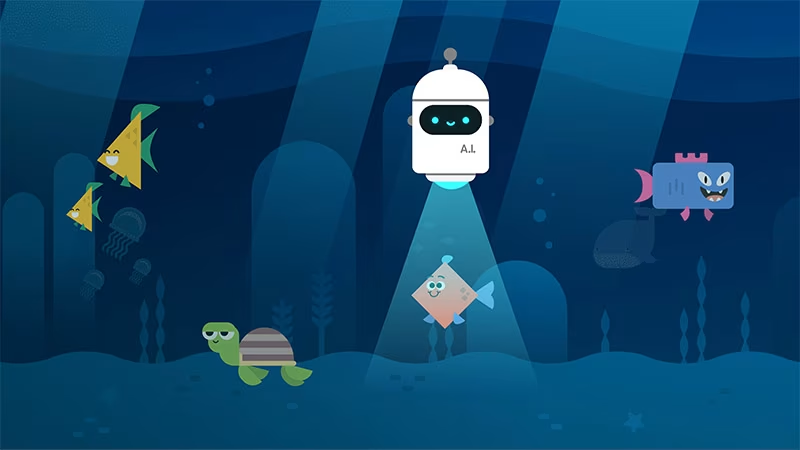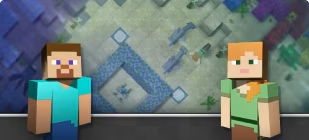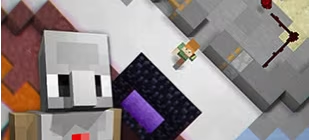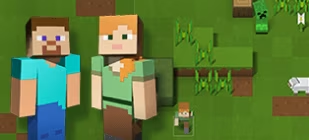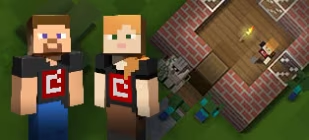Educational Programs on Computational Thinking and Artificial Intelligence
We are an educational non-profit that creates a free, comprehensive, scaffolded computational thinking and artificial intelligence curriculum available in 30+ languages for teachers and their students of all grade levels to thrive in the 21st century

Every student in every school should have the opportunity to learn computer science and artificial intelligence literacy
102M+
students on code.org
3M+
teachers using code.org
32M
young women students
60+ countries
using code.org
Computational Thinking & Artificial Intelligence Education Teaching Materials for Schools, Teachers, and Students in K-12 Classes
Code.org is a USA nonprofit organization dedicated to expanding access to computer science education by providing free coding courses, curriculum, and resources for students of all ages, as well as professional development and teaching tools for educators. Our teaching materials and student lessons cover a wide variety of computer science, computational thinking, and artificial intelligence education for children ages 5-18. They are entirely FREE, available in over 30 languages, and used by millions of students each year.
Computer Science and Artificial Intelligence
AI Courses
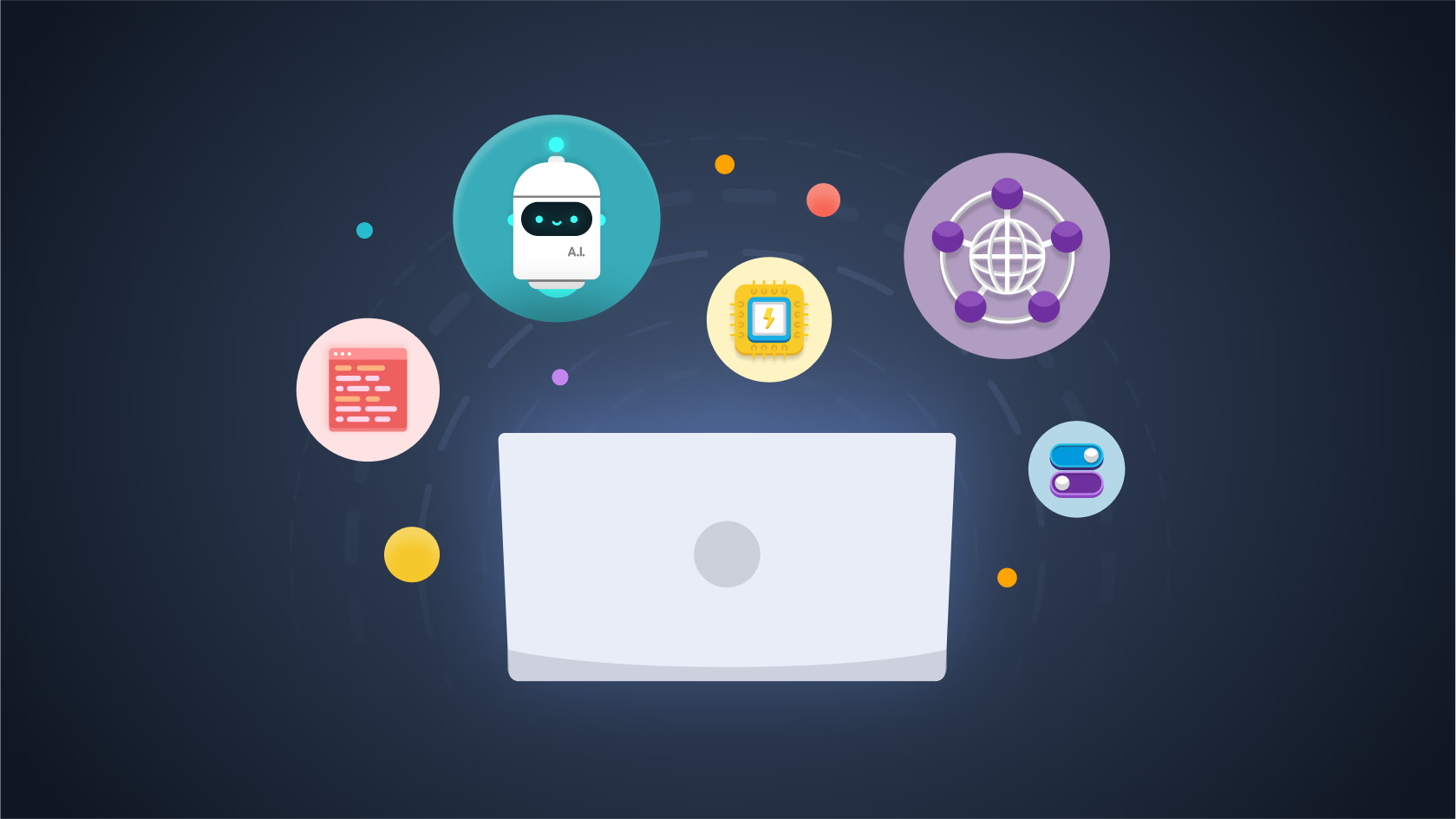
Grades 9-12
Artificial Intelligence Foundations
The Artificial Intelligence (AI) Foundations is a free, flexible curriculum which introduces students to the core principles and real-world applications of computer science.
Explore how AI generates content, identify issues like bias and hallucinations, and learn to debug and improve AI outputs for real-world use.
Learn Python through hands-on projects and explore ethical computing topics like accessibility, bias, and inclusivity in software design.
Discover how computing systems operate, focusing on the interaction between hardware, software, and operating systems.
Understand how the Internet works, including protocols like IP and DNS, and examine its impact on communication and society.
Explore cybersecurity basics, from encryption and security risks to data privacy and the human factors behind digital breaches.
Investigate how data is collected, visualized, and analyzed, while examining privacy and ethics in the age of big data.
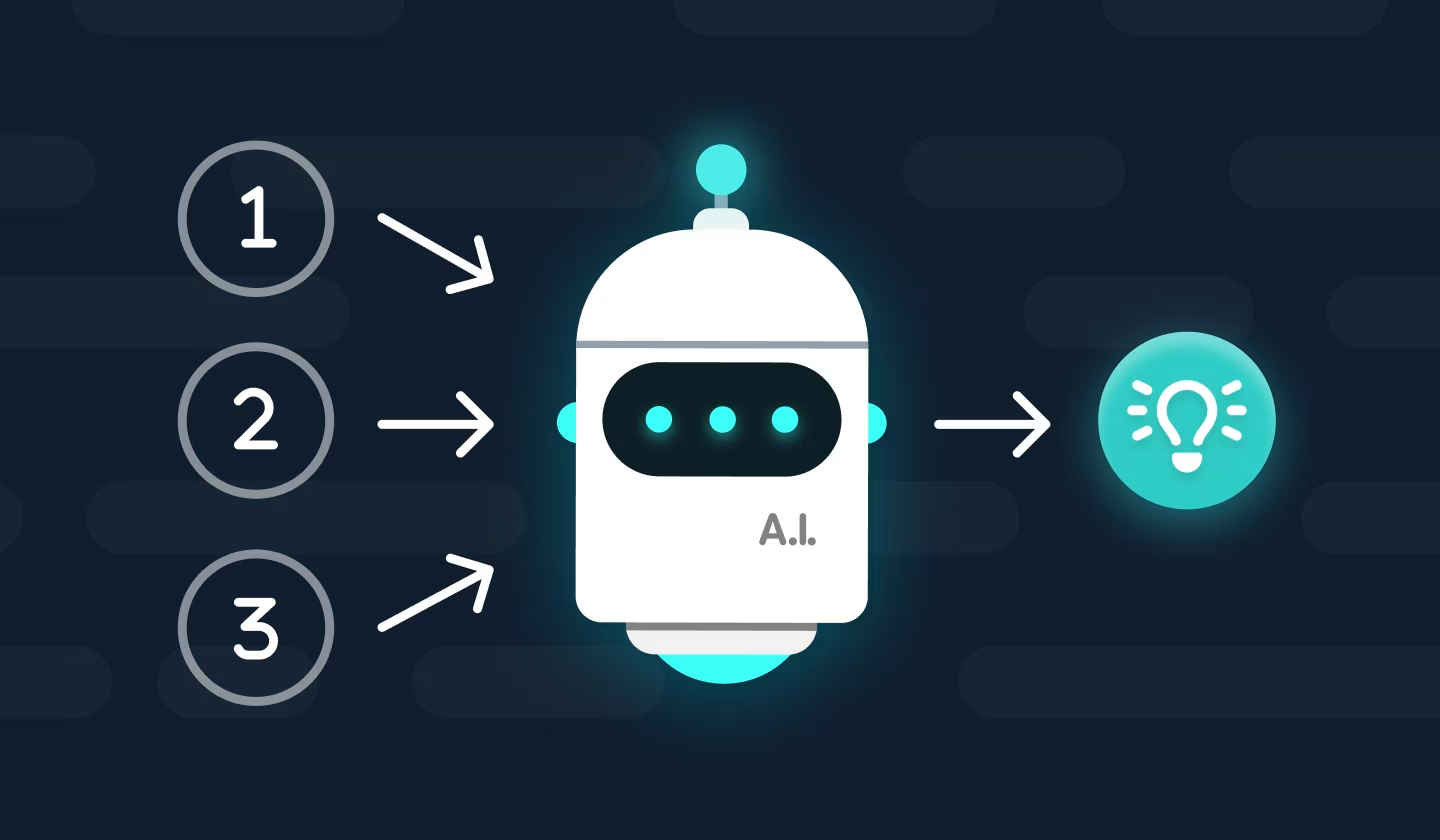
Grades 8-12
Foundations of Generative AI
Introduces the basics of generative AI and how it works, covering neural networks, embeddings, and how large language models are trained to understand and represent language.
Computer Science and Artificial Intelligence
Courses for Students Aged 5-12
Computer Science Fundamentals
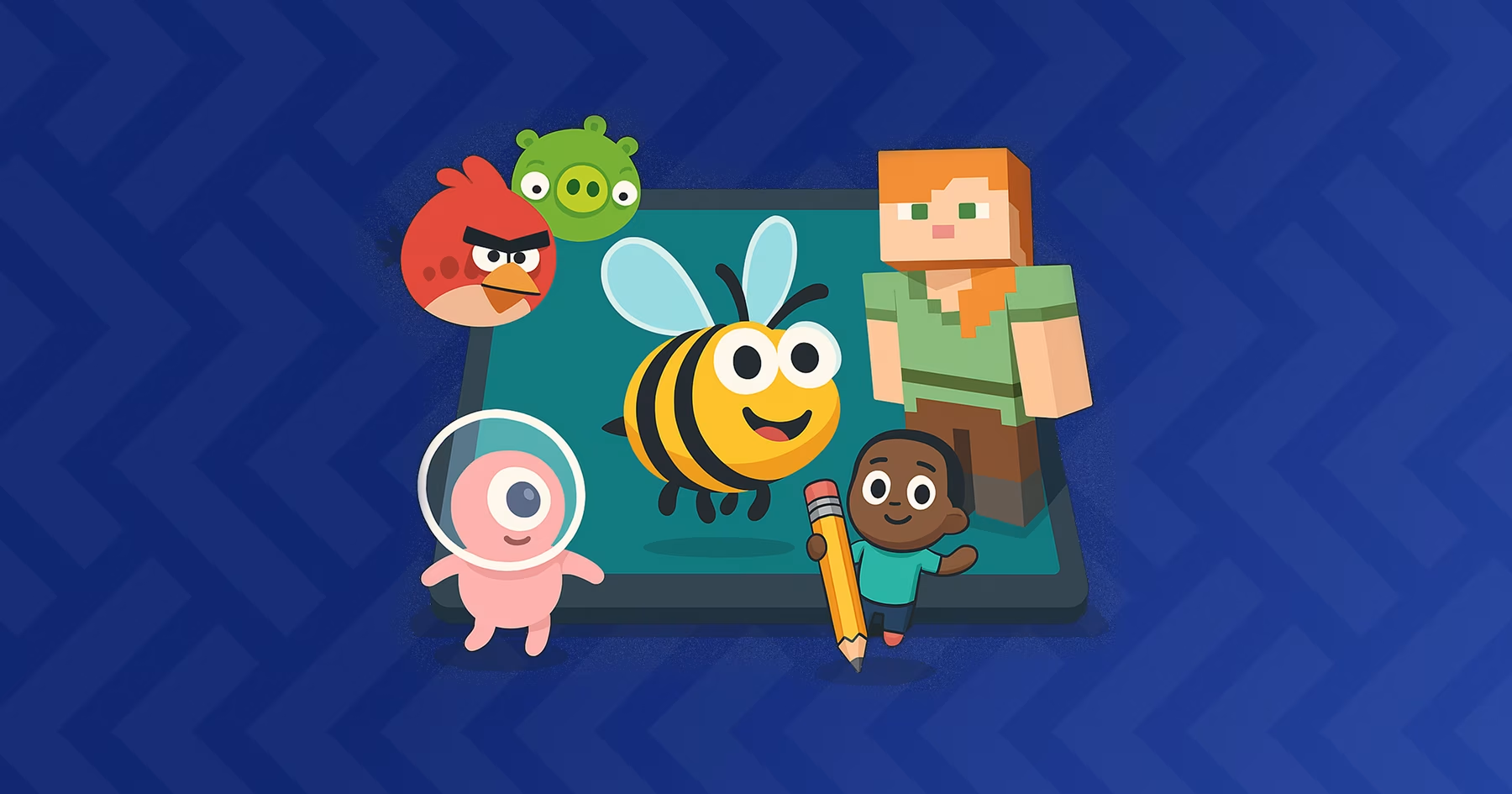
Grades K-5
Computer Science Fundamentals
Free set of elementary curricula that introduces students to the foundational concepts of computer science and challenges them to explore how computing and technology can impact the world.
Program using commands such as loops and events. Teaches students to collaborate with others, investigate different problem-solving techniques, persist in challenging tasks, and learn about Internet safety.
Through unplugged activities and a variety of puzzles, students will learn programming basics, collaboration techniques, research and critical thinking skills, persistence in the face of challenges, and internet safety.
Create programs with sequencing, loops, and events. Research problem-solving techniques and develop strategies for building positive communities both online and offline. Create interactive games that students can share.
Review of concepts encountered in previous courses, including loops and events. Students will then develop their understanding of algorithms, nested loops, conditionals, and more.
Create fun, interactive projects that reinforce online safety learning. Try more complex coding, such as nested loops, functions, and conditionals.
Observe how users make decisions in the apps they use. Create a variety of Sprite Lab apps that also offer choices to the user. Learn more advanced concepts, such as variables and for loops.
Computer Science Fundamentals Express
Instructors play a critical role in student learning by teaching our offline activities and leading class discussions. However, we understand that the fundamentals of computer science aren't always taught in a traditional classroom. That's why we offer two self-paced crash courses in addition to the CSF courses. These courses are designed for situations where instructors allow each student to work independently at their own pace.
Students will learn the basics of drag-and-drop block coding by solving puzzles and creating animated scenes. They will create simple art and games to share with friends, family, and teachers.
Learn to create computer programs, develop problem-solving skills, and overcome fun challenges! Create games and creative projects to share with friends, family, and teachers.
Computer Science and Artificial Intelligence
Courses for Students Aged 12-18
Computer Science Discoveries
Computer Science Discoveries (CSD) is a free, flexible curriculum that introduces computational thinking and artificial intelligence literacy to students in grades 6–10. CSD teaches students to create their own websites, apps, animations, games, and physical computing systems, and to understand the basics of artificial intelligence. The curriculum empowers students to create authentic artifacts and use computer science as a medium for creativity, communication, problem-solving, and fun. No prior experience is necessary!
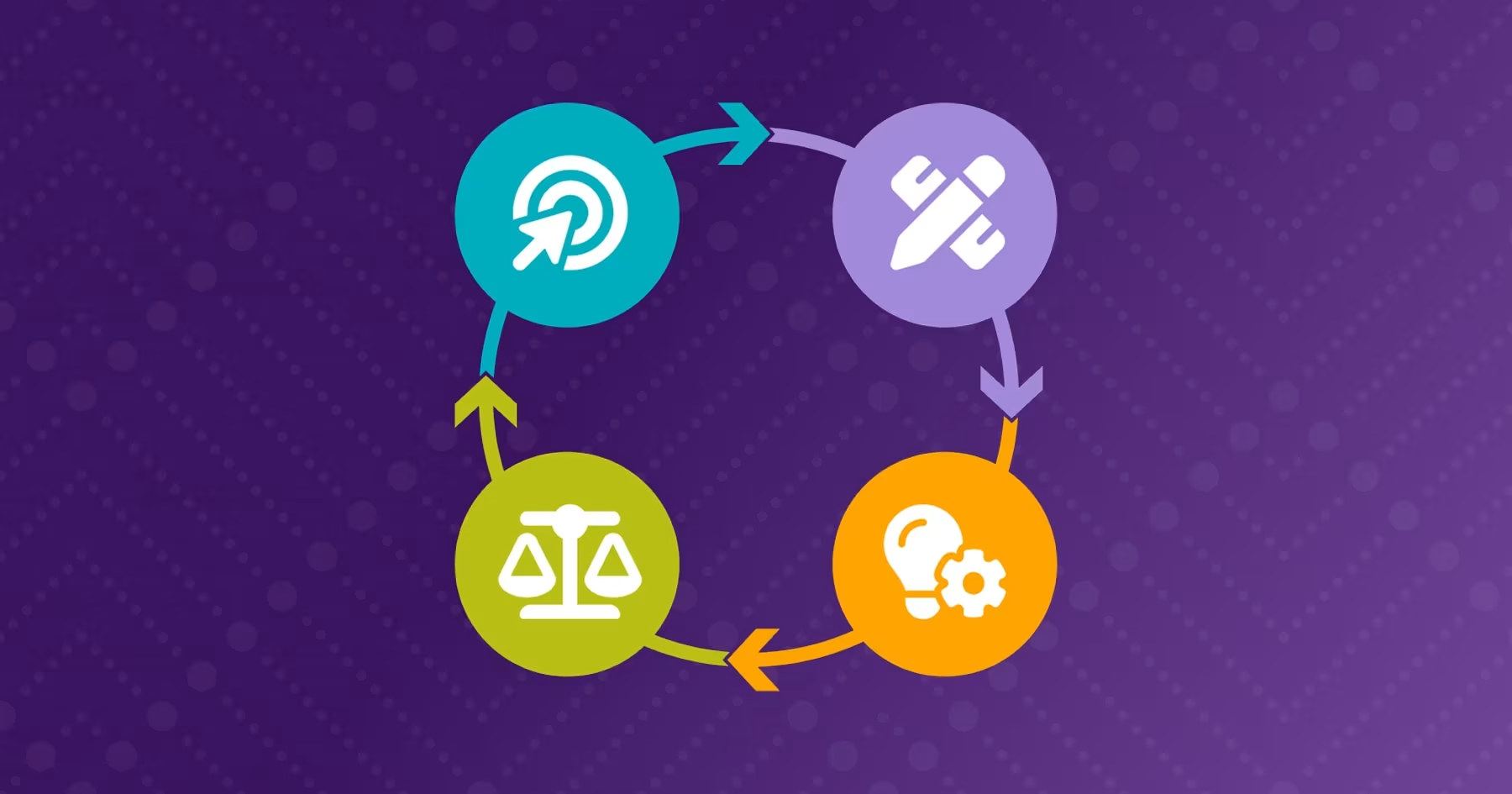
Grades 6-10
Computer Science Discoveries
An introductory course that empowers students to engage with AI and computer science as a medium for creativity, communication, problem solving, and fun.
Problem-solving and computing Use a problem-solving process to address real-world puzzles, challenges, and scenarios. Gain insight into computer input, output, storage, and processing to help solve problems.
Web Development Create and share content on web pages, exploring the creative potential of the web. Develop critical thinking, problem-solving, and teamwork skills while programming.
Animations and Interactive Games Create programmatic images, animations, interactive art, and games. Gain familiarity with programming concepts and the design process.
The design process Focuses on considering the social impact of computing. Through design challenges, students empathize with the needs of others and develop solutions.
Data and Society Students will learn about the role of data in problem-solving and how computers assist in this process. They will also learn about representation systems and the associated challenges, and how data collections help find solutions.
Building Apps with Devices Explore the role of physical devices in computer science. Develop programs that use hardware inputs and outputs. This unit is available in a version for micro:bit and Circuit Playground.
Artificial Intelligence and Machine Learning Discover how computers learn from data. Develop machine learning projects around real-world data. Design a machine learning application to solve a personally relevant problem.
Computer Science and Artificial Intelligence
Unplugged Activities
CS Fundamentals Unplugged
CS education does not always need to be in front of a screen and device access shouldn't be a barrier to learning computer science concepts.

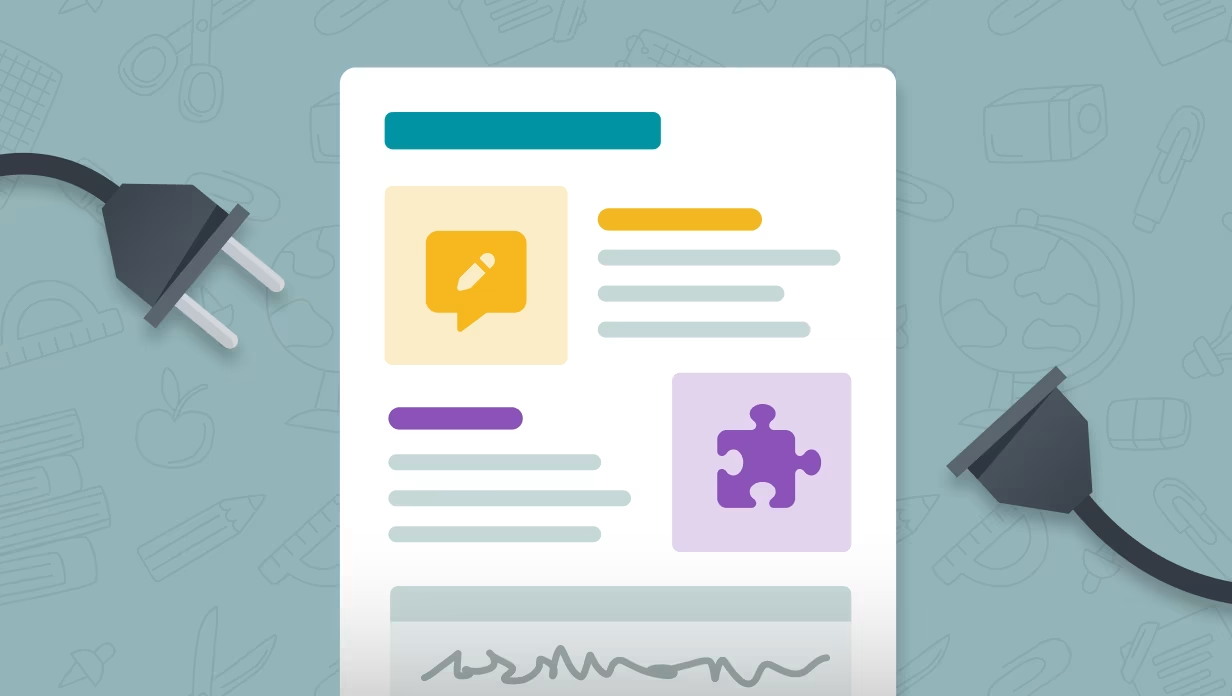
Grades K-5
CS Fundamentals Unplugged
Learn computer science without computers. Fun hands on activities that teach computational thinking.
Computer Science and Artificial Intelligence
Hour of Code
Hour of Code Activities
The Hour of Code is a global event that introduces students to computer science through one-hour coding activities. The event aims to inspire students to pursue computer science in the future. Explore Hour of Code activities available in different languages.
Computer Science and Artificial Intelligence
Artificial Intelligence Video Series
How AI Works
Artificial Intelligence 101 Professional Learning Videos
Global Partnerships
Become a Global Partner
Why Partner with Code.org?
Code.org is a US-based nonprofit working to make high-quality computer science and AI education available to every student. Our global partners are essential to this mission, driving local impact, building teacher capacity, and shaping long-term education strategies. By joining us, you become part of a collaborative international network committed to equitable, systemic change.
We work with mission-aligned organizations to:
• Translate and adapt Code.org curriculum to local languages and contexts • Train teachers to deliver high-quality CS instruction • Raise awareness and engage with education leaders and policymakers

How We Support Our Global Partners
What We Offer
• Free, high-quality curriculum for K–12 students to learn computer science and AI—available to use, adapt, and translate under an open license • Professional development resources and online training courses for teachers, which partners are welcome to use in local teacher workshops • A global partner community where organizations can connect, ask questions, and learn from one another
There is no cost to becoming a Code.org partner, and you're free to engage at your own pace and in ways that align with your mission.
Two Pathways to Engage With Code.org
We now offer two partnership pathways, allowing organizations to choose the level of collaboration that best fits their goals and capacity.
1) The Global Community (light-touch)
Ideal for partners who prefer a more autonomous and flexible model. Through this pathway, partners receive:
Regular updates on new curriculum and initiatives
Access to shared resources, translation tools, and training materials
A space to connect with other organizations around the world
Opportunities to participate in campaigns like Hour of AI
This pathway is perfect for organizations that want to use, adapt, and promote Code.org materials independently while staying connected to the global movement. Join our virtual Global Partner Community now!
2) The Global Leaders Program (1:1 collaboration)
Designed for organizations leading large-scale national or regional efforts in CS and AI education. Partners in this cohort receive:
Ongoing, personalized support from the Code.org Global Team
Participation in a small, high-impact community of leaders
Regular working sessions to share learnings and shape implementation strategies
Opportunities to co-design country strategies and support system-level impact
This pathway is best for organizations driving systemic change and seeking a closer partnership with Code.org. If you’re interested in applying, simply join our Global Partner Community, where you’ll find the application form and detailed guidance on how to apply.
All collaboration begins in our Global Partner Community space. We no longer accept new inquiries via forms or email.
What Teachers Say About Code.org's Curricula
When you utilize Code.org's curriculum, you have everything there for you. It has the questions that you need to ask your students. It has the lessons that you need to teach and it gives you guidance on how to do it. So if you come in without any experience in computer science, it's there for you. If you have experience with computer science and teaching it before, it's going to give you a new way of approaching how to teach your students.
